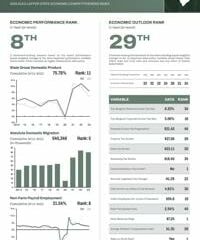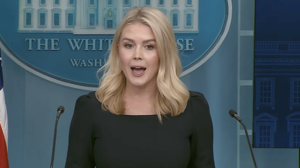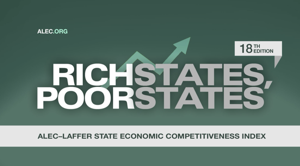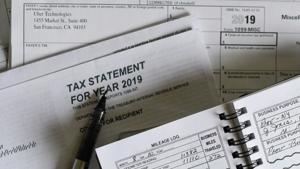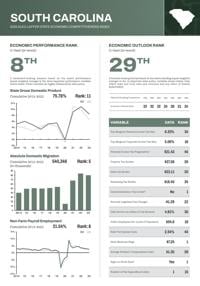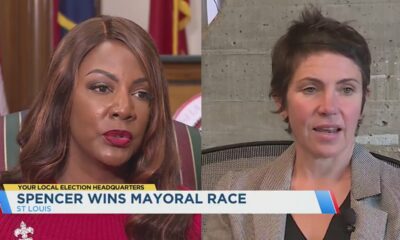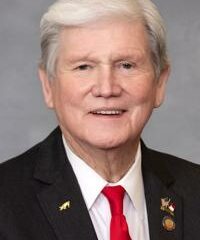(The Center Square) – President Donald Trump called on the Federal Reserve to lower rates ahead of his plan to put reciprocal tariffs on all countries that put tariffs on U.S. goods starting April 2.
Trump can’t force the Fed to cut rates, but he hasn’t been shy about encouraging the central bank to do so.
“The Fed would be MUCH better off CUTTING RATES as U.S. Tariffs start to transition (ease!) their way into the economy,” Trump wrote on Truth Social. “Do the right thing. April 2nd is Liberation Day in America!!!”
Trump said he would put reciprocal tariffs on foreign countries starting April 2.
“Whatever they tariff us, we tariff them. Whatever they tax us, we tax them,” Trump told Congress earlier this month. “If they do non-monetary tariffs to keep us out of their market, then we do non-monetary barriers to keep them out of our market. We will take in trillions of dollars and create jobs like we have never seen before.”
Business groups, including the U.S. Chamber of Commerce and American Farm Bureau Federation, have urged Trump to end tariff threats. Economists have raised concerns that tariffs could lead to higher prices for U.S. consumers.
Trump has made big promises to Americans about his tariff plans as he implements his America-first policies. During his inauguration, Trump said tariff revenue would make the U.S. “rich as hell ” and lower the tax burden on American taxpayers.
Like other central banks, the Federal Reserve is an independent government agency. In 1913, Congress established the Federal Reserve to achieve maximum employment and stable prices. Congress structured the Federal Reserve to avoid political pressure. Members of the Board of Governors are appointed for staggered 14-year terms, and the Board Chair is appointed for a four-year term.
The Federal Open Market Committee, the Fed’s monetary policy-setting body, said in its first appraisal of the economy during Trump’s second term that uncertainty is on the rise.
“The Committee seeks to achieve maximum employment and inflation at the rate of 2% over the longer run,” FOMC said in a statement. “Uncertainty around the economic outlook has increased. The Committee is attentive to the risks to both sides of its dual mandate.”
Federal Reserve Chair Jerome Powell said Wednesday that Trump’s trade policies were responsible for a “good part” of recent price increases.
“It’s the net effect of these policy changes that will matter for the economy and for the path of monetary policy,” he said. “Uncertainty around the changes and their effects on the economic outlook is high.”
Tariffs are taxes charged on imported products. The company importing the products pays the tariffs and can either try to absorb the loss or pass the additional costs on to consumers.



